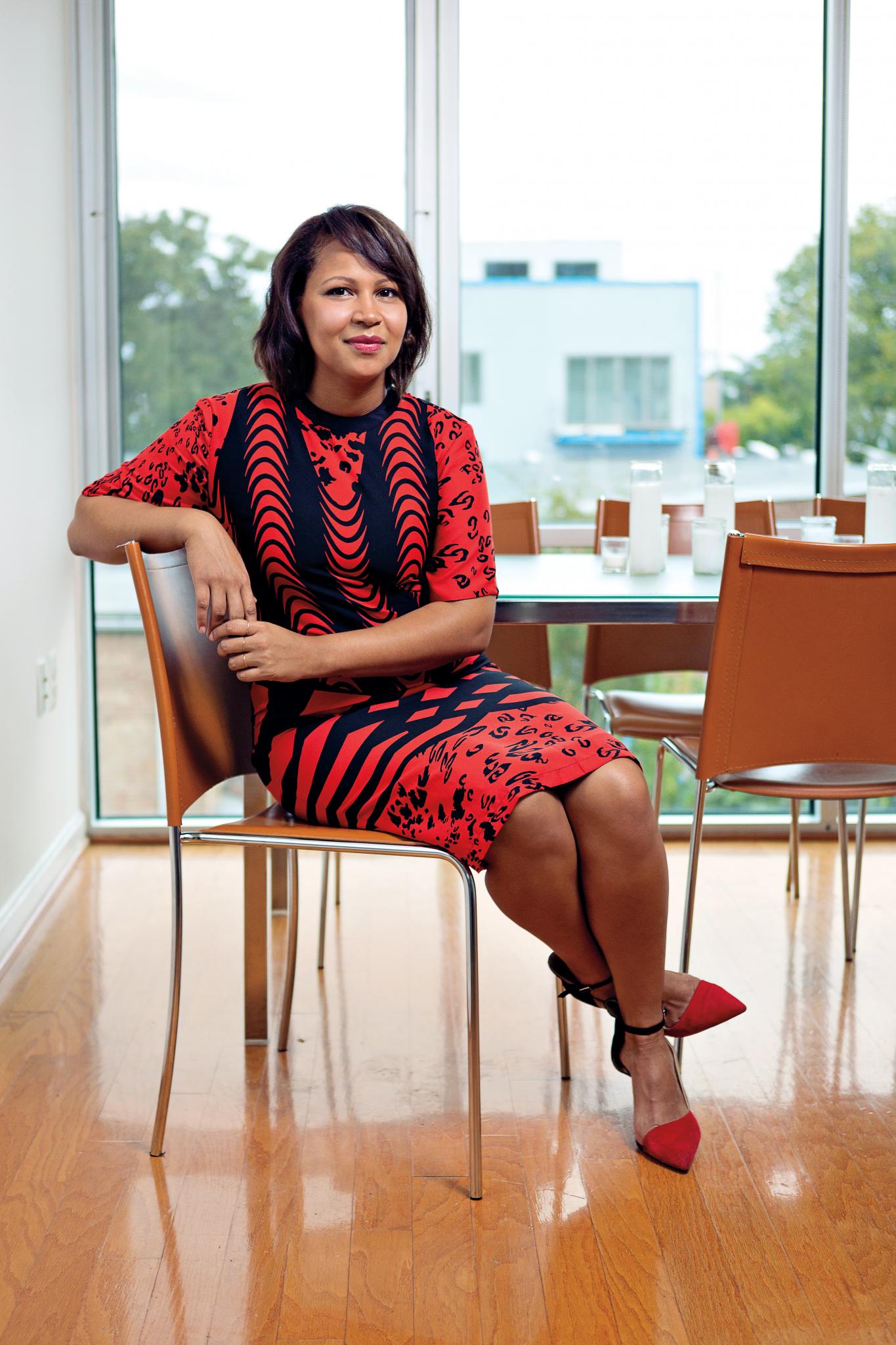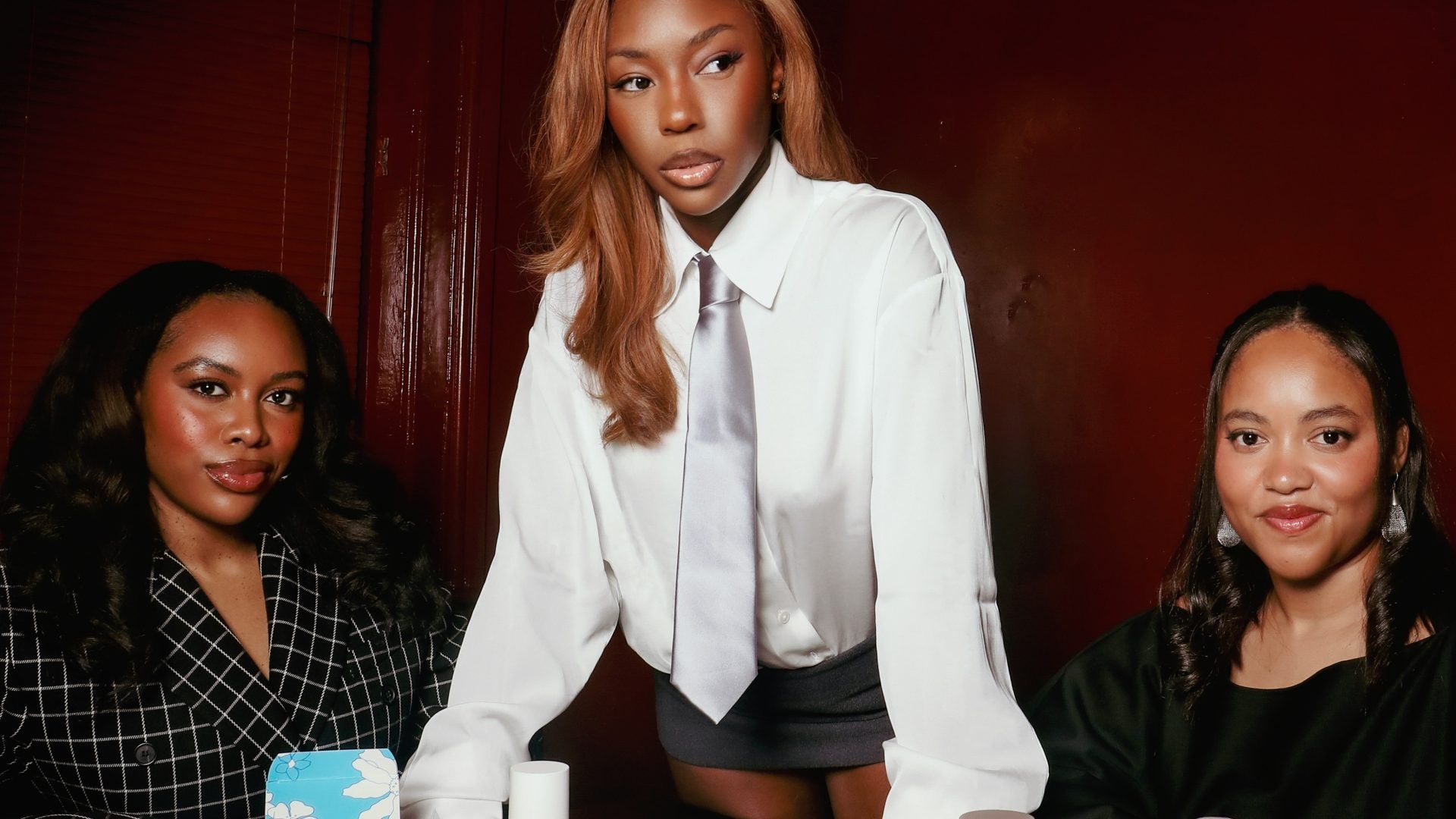
Jessica Byrd understood at an early age that voting was a civic duty—and a way for Black women to empower themselves. “My mother was a longtime poll worker,” says the Columbus, Ohio, native. “On election days, Dad would walk me to the voting sites for her to do my hair before I went to school.”
That laid a strong foundation for Byrd, 27, who’s now the manager of state strategies at Emily’s List. The political action committee, based in Washington, D.C., touts itself as the nation’s largest resource for women in politics. The group has invested in dozens of House, Senate and gubernatorial races and has helped elect every single African-American woman (in the Democratic Party) currently serving in Congress. In the recent midterm elections, Emily’s List endorsed and supported three Black women who are now headed to the House of Representatives: Bonnie Watson Coleman of New Jersey, Brenda Lawrence of Michigan and North Carolina’s Alma Adams. They will join the 15 other Black congresswomen who were all reelected. Additionally, Utah’s Mia Love made history as the first Black Republican woman elected to Congress.
In her third year with the PAC, Byrd engages community leaders and activists in key states to identify firsttime candidates. “We need more Black women in politics,” says Byrd, who has held previous posts with the Obama administration and the Democratic National Committee. “We are a clinch voting bloc, but that has not translated into widespread elected leadership.” She pauses, her voice incredulous. “There has not been a Black female U.S. senator in 16 years.”
Indeed a June 2014 report from Rutgers University reveals that Black women account for 58.6 percent of the voters in their communities, and have registered and voted at higher rates than their male counterparts in every election since 1998. Moreover, the report notes that Black women surpassed all other race and gender groups in turnout in 2008 and 2012.
Today Black women comprise single-digit percentages in Congress, and according to Emily’s List, only two hold statewide executive offices (Kamala Harris, California’s attorney general, and Denise Nappier, Connecticut’s state treasurer). We are also less likely to be pushed to run for office and more likely to be discouraged from entering races than Black men and White women.
Still Byrd believes that by focusing on targeted candidate recruitment, she can help get more women of color (namely progressive, pro-choice candidates) elected than ever before. “Most women run for office to fix something or because they’re mad as hell,” says Byrd. “So we’re trying to empower women who are leaders in their own communities, individuals who may have been overlooked.”
Byrd recalls one of her experiences on the ground this past year: “I led a conversation with about 30 Black workers from all over the country. They were grocery store managers, postal workers, nurses and carpenters. What started as “I can’t ask her to run for office—she’s a single mom” turned into “I have to ask her so she can rep all the single moms!” We have received more than 40 potential candidate names from that room of people.”
Although the diversity recruitment program is new (to date Byrd has trained 150-plus activists in six states), the state and local program at Emily’s List is nearly 13 years old. More than 9,000 women have participated in candidate training. “Women want to be involved but aren’t sure whether political office is right for them,” Byrd says. “My argument: It absolutely is.”
And what about her own political ambitions? Byrd hints that seeking elected office is likely in her future. But for now, her energies are devoted to Emily’s List and to bolstering those who’ve historically had to overcome various social, cultural and financial barriers. “We have seen what’s happened when we are not at the table,” Byrd says. “There’s an opportunity to create incredible change.”
Donna M. Owens is an award-winning journalist based in Baltimore.
This article originally appeared in the January 2015 issue of ESSENCE magazine on newstands now!





